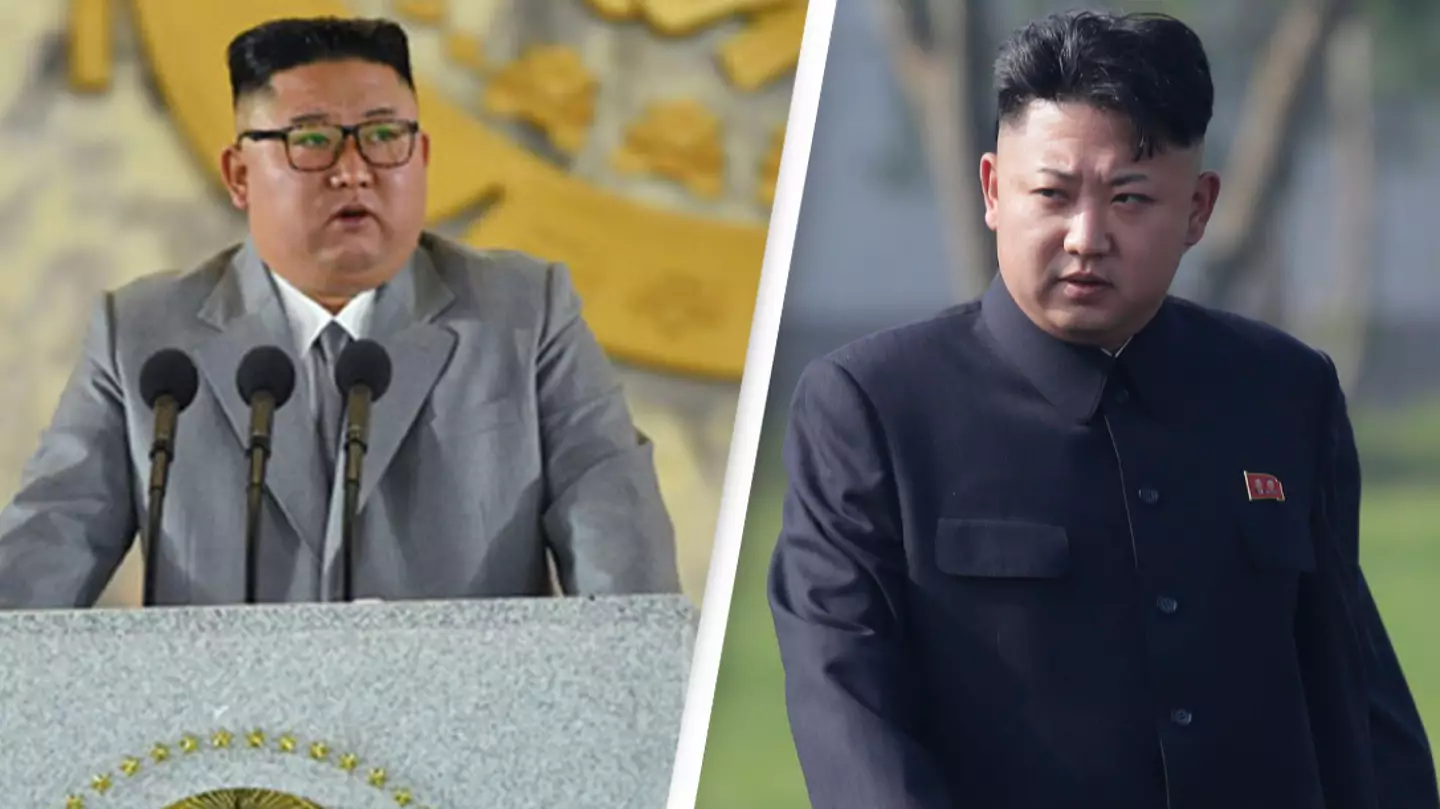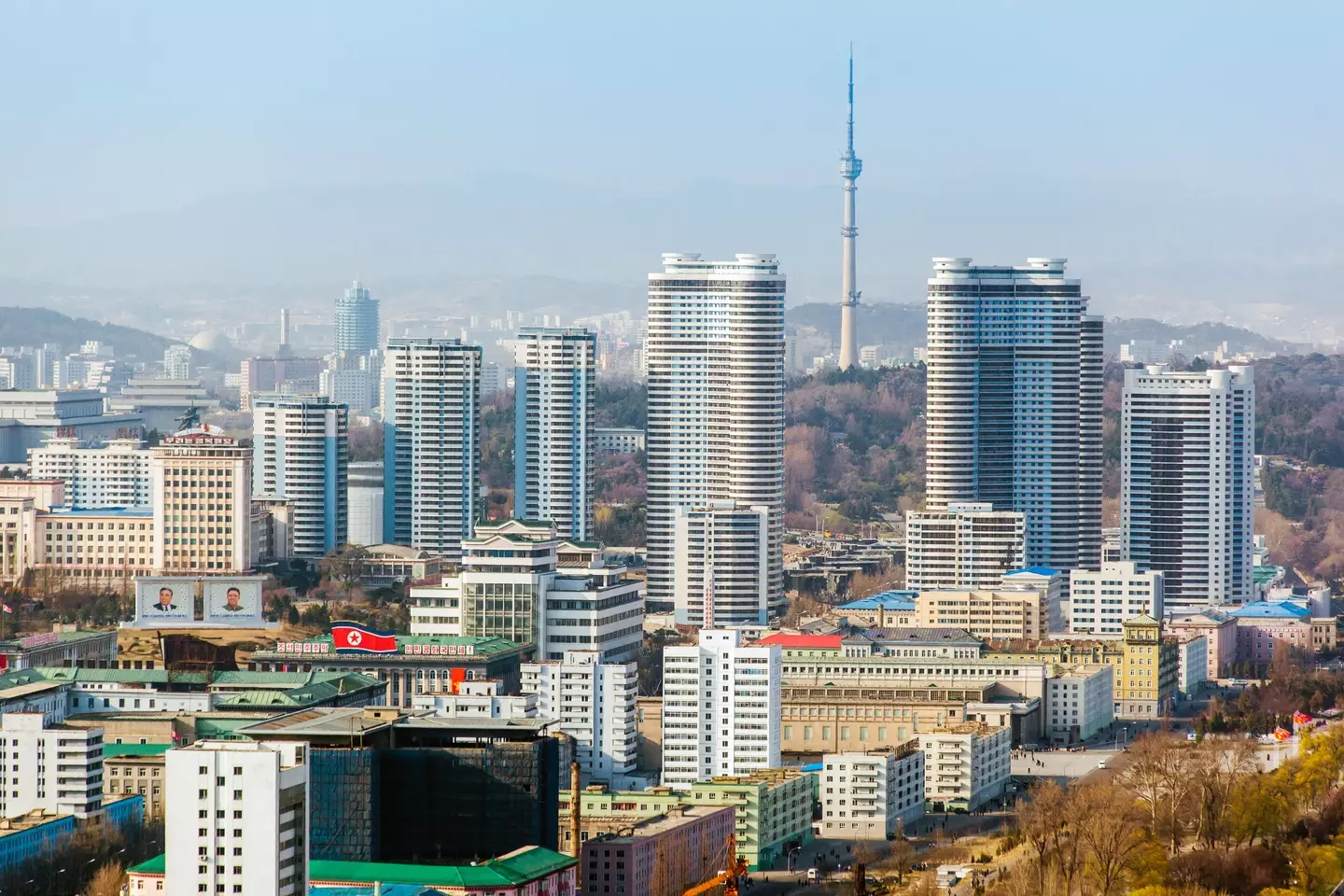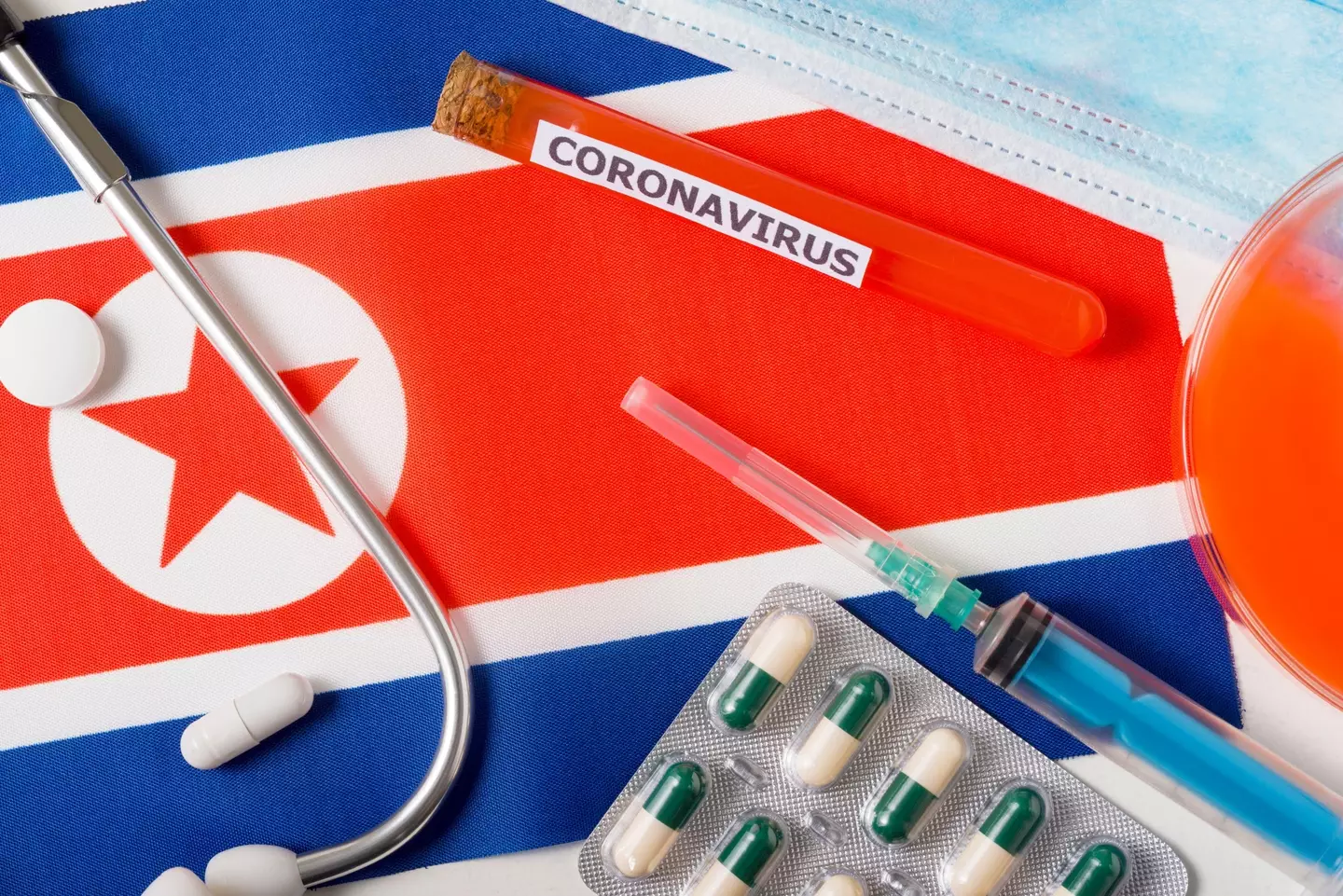
North Korea has announced a ‘grave national emergency’ as the first outbreak of Covid is confirmed by the country.
As of Thursday, 12 May, North Koreans must stay inside and adhere to strict national lockdown rules.
Authorities claim to have detected an outbreak of an Omicron sub-variant. Omicron, known as BA.2, is highly transmissible and the situation is being described as the ‘biggest emergency incident in the country’ by officials.
State media declared: “There has been the biggest emergency incident in the country, with a hole in our emergency quarantine front, that has been kept safely over the past two years and three months since February 2020.”
Advert

A published report on the outbreak notes people in Pyongyang contracted the virus, however no case numbers or infection sources were given, the Mirror reports.
There are also reports that North Korean leader Kim Jong-un has chaired a meeting to discuss how the country should respond to its first Covid outbreak.
The first case of the Omicron variant was reportedly detected in the capital, Pyongyang, four days ago.
Advert
North Korea has implemented ‘extreme’ Covid prevention policies since the pandemic began in order to avoid outbreaks.
North Korea’s politically isolated position in the world and limited health facilities mean a coronavirus outbreak could have devastating consequences for the country.
Throughout the pandemic, North Koreans were warned that ‘not even a tiny crack or mistake is allowed when it comes to emergency quarantining’.

Advert
However, speaking to the Financial Times, Kee Park, a lecturer at Harvard Medical School, said while North Korea’s strict Covid policies mean the country has successfully kept the virus at bay until now, such measures simply aren’t sustainable.
He explained: “A prolonged lockdown will lead to increased excess deaths – caused by poor nutrition, food shortages, increasing poverty, degradation of health systems and the loss of humanitarian aid – that will eventually exceed the number of deaths caused by the virus itself."
North Korea sealing its borders also stopped essential supplies getting into the country, which led to food shortages and hit the economy hard.
Last year, it was reported that North Korea had rejected millions of AstraZeneca and Sinovac vaccines offered to the country by the international community.
Advert
According to the BBC, a spokesperson said the jabs should be relocated to harder hit nations.
As of 19 August, 2021, North Korea had recorded no cases of Covid-19, the World Health Organisation (WHO) said.
If you’ve been affected by coronavirus and want up to date advice, visit the Gov.uk help page here. If you need medical help call NHS 111 or visit online
Topics: Coronavirus, North Korea, World News